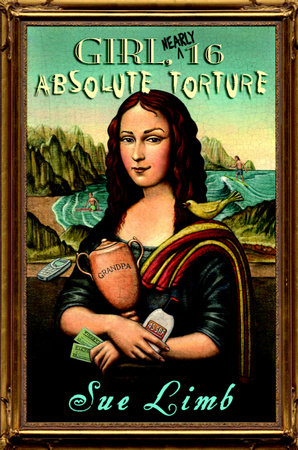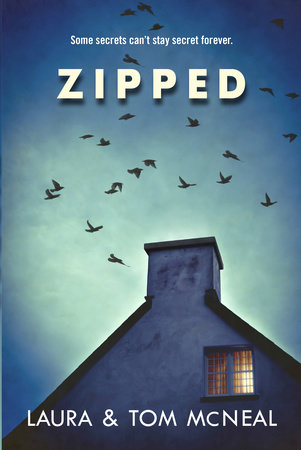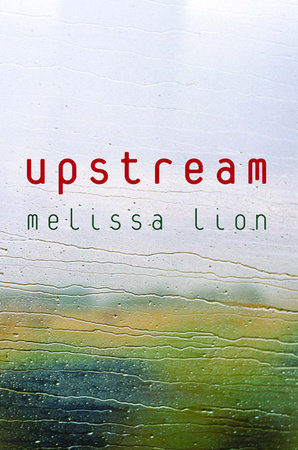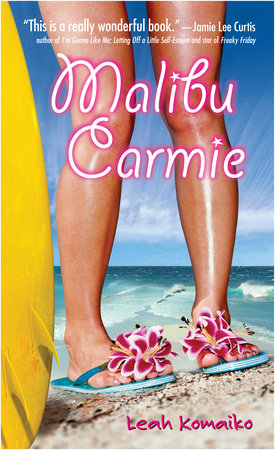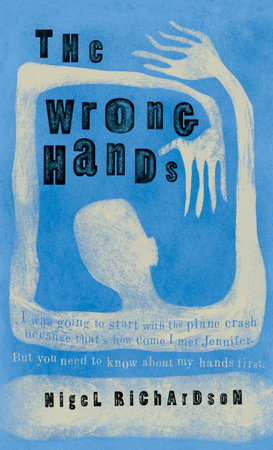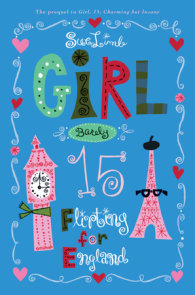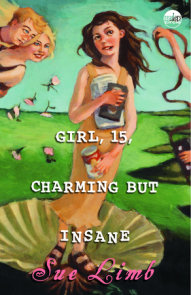Author Q&A
Q: Girl, 15, Charming but Insane and Girl, (Nearly) 16: Absolute Torture both chronicle the charmingly insane life of Jess Jordan, and you’ve written a third novel, Girl, (Going on) 17: Pants on Fire. Did you conceive of Jess’s story as a trilogy, or did you write one book and then find yourself eager to revisit the character?
A: I enjoyed the first book so much that I wanted to spend more time with Jess. I didn’t conceive of it as a trilogy–in fact, I’m writing a fourth book right now. I don’t think so far ahead. The books sort of evolve rather than being fully planned before I start. I could go back and spend time with Jess again and again. Knowing the characters well is a real advantage.
Q: In Girl, (Nearly) 16, Jess deals pretty heavily with jealousy. What do you think of Jess’s jealous behavior in this book? Is it typical first-love stuff, or totally over the top?
A: Jealousy is just one of those horrible emotions which we all suffer from, and we hate ourselves even as we’re feeling it. It feeds on being apart from your boyfriend and not knowing what he’s up to. It’s a kind of fantasy. I think jealousy is a biological phenomenon. You see it in the animal world all the time, with creatures competing for mates. And comedy evolves so easily from strong negative emotions that jealousy provides a rich vein of laughs.
Q: Jess and her family don’t necessarily lie to each other in this book–they do a little of that–but mostly, they seem to omit important information when talking to each other. Jess avoids telling her parents about Fred, and Jess’s parents avoid telling her the truth about why they split up. But when everything comes out at the end, it works out surprisingly well. Why do you think they misread each other so? It seems as if they’re all waiting for a terrible reaction that never quite comes.
A: British people are often more buttoned up or shy or reserved than our American cousins. We avoid embarrassment and we don’t feel easy with lavish displays of emotion. This is one reason we Brits are famous for our comedy–because uneasiness always creates amusing situations. If Jess and her family communicated freely and easily with one another, there would be no story. I always tell creative writing students, “Give your characters problems and create misunderstandings.” Without that there could be no comedy and no drama either.
Q: Jess seems dismayed early on to think that her mother is fairly anti-men, but when they’re on the road trip, she’s equally dismayed by her mother’s flirtations. Which do you think is scarier for Jess: the idea that her mother might remain alone, or that she may start dating again?
A: Any girl would feel sad to think that her mum might be alone for the rest of her life, and getting older. It would also make it harder for the girl to leave home eventually–seeing her mum as isolated and lonely and feeling responsible for her happiness. However, though she might want her mum to have a boyfriend again one day, Jess doesn’t actually want to watch the process! (It is gross to see your mum flirting. Or even worse, dancing!) Mums should always behave with decorum in public. I always do. (Apart from an isolated incident with a limbo dancer and a pint of fruit punch . . .) Otherwise, major embarrassment can result.
Q: Jess seems to truly believe at one point in this book that Fred and Flora might betray her by getting together while she’s away. Do you think Jess is completely out of her mind with jealousy here? Or is she picking up on something in Flora, a character who’s used to having things her way?
A: Jess is also remembering that Flora admitted quite recently that she had a crush on Fred. Also, Flora is really beautiful. I think girls with beautiful friends are always on edge when their boyfriends are in the company of the beauteous one. It’s a natural reaction, though very primitive (one might almost say biological).
Q: Jess reacts to the news of her dad’s homosexuality quite well–she’s excited and enthusiastic, not at all upset. Do you think her reaction stems from her fairly cheerful personality, or is it typical of her generation?
A: I hope this is the reaction most modern teenagers would produce, because homophobia is an ugly and negative phenomenon. Gay life and gay style are usually perceived as cool in the UK. I guess her parents were more on edge about her reaction, though.
Q: Granny is usually a fairly happy character, but she has a hard time letting go of Grandpa. Why do you think scattering his ashes is harder for her than she anticipated?
A: It’s the difficulty of letting go. The ashes are all she has left in the physical world of the man she spent her life loving. I suppose she found that his mortal remains meant more to her than she had anticipated.
Q: Several times in Girl, (Nearly) 16, Jess defuses emotional or awkward moments with comedy. Do you think she ever uses comedy as a defense, to keep people from getting too close?
A: Comedy is often used to keep people at arm’s length–even people one really loves. Americans are much less embarrassed about saying “I love you!” and hugging their loved ones in public. We Brits still sometimes find this a bit difficult, not to say tacky. Any kind of awkward emotion–embarrassment, anxiety, fear–can be turned into a joke by using irony. If you’re in tune with this approach, you can find it just as loving but more bracing, not quite so slushy and needy. Jess is afraid of sounding needy. (Possibly because she is!) It’s a great breakthrough for Jess and her mum when they finally share a hug and express their love for each other.
Q: During the scene where her mum comes to drop off her overnight bag, Jess seems to reach an understanding about her mother. Do you think Jess favors one parent over the other? Is Jess’s personality closer to her father’s or her mother’s?
A: Jess has grown up with her mother but still sees her in a different light when they are away from home. She sees her partly through other people’s eyes, perhaps for the first time. Because she’s a single parent, Jess’s mum has had to be strict with Jess. She has not felt free to relax and joke as much as Jess’s dad does. Jess’s dad, being a glamorous visitor rather than part of the furniture, can enjoy a more charismatic and less responsible role. I think Jess’s character is a mixture of the two, though the more immediate resemblance is to her witty and wisecracking dad. However, physically she looks a lot more like her mum: small and dark.
Q: When Jess and Fred are on the beach, he admits that he made up the Rosie character, and that he was trying to make Jess jealous. But later, he seems totally put off by her jealous rampage when she attacks him with the ice cream. Is Fred a hypocrite? Or did he not realize the depths of jealousy to which Jess would sink? Or was he just really, really hungry?
A: I think Fred often gives way to what seems the most entertaining impulse and sometimes doesn’t realize its implications. He is startled on the beach because she attacks him in public, I suppose. Fred’s not terribly good at “joined-up” emotional intelligence. Well, boys usually do develop more slowly than girls. At the beginning of the third book, Girl, (Going on) 17: Pants on Fire, Fred does something totally astonishing, entirely on impulse, without realizing the implications of his actions. He’s adorable, but he’s still got a lot of growing up to do!
Q: What’s next for Jess and her charmingly insane gang?
A: Buy Girl, (Going on) 17: Pants on Fire when it comes out and you’ll find out! All I can say is there are several agonizingly embarrassing episodes involving underwear, and Jess also gets into the worst trouble in school that she has ever endured. . . .
